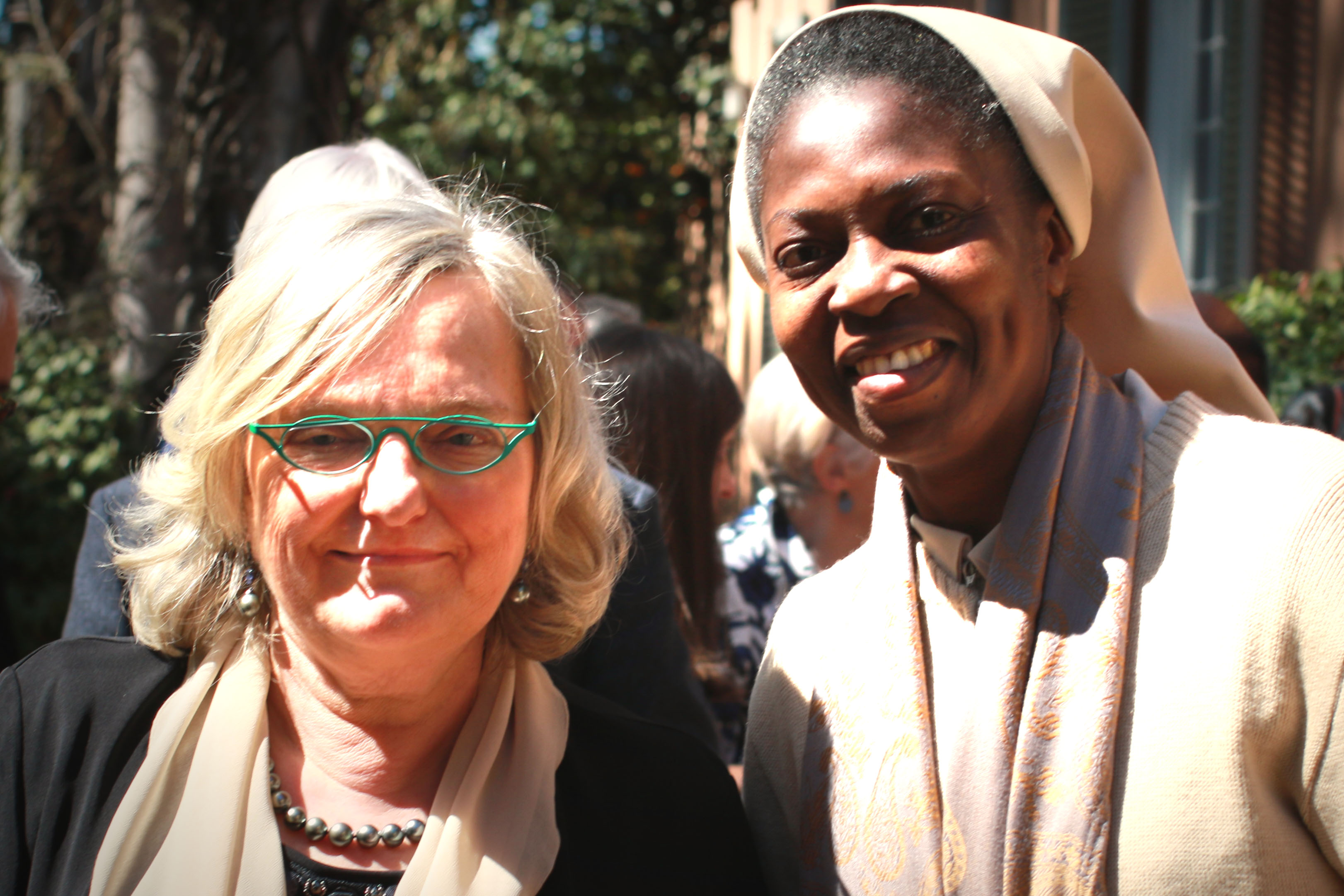
CCP Formation and Consecrated Life
About four years ago I began my collaboration with the Center for Child Protection of the Gregorian University in Rome. I have come to know and understand more about the painful experience that a person can experience through sexual abuse, abuse of power, abuse of trust in the family, in the church and in society.
My research concerns sexual transgressions in pastoral relationships and in collaborative relationships between priests and consecrated women. Sexual maturity enables healthy, respectful, and responsible relationships to be a channel for evangelization in the local sub-Saharan African Church and throughout the Church.
Emotional and sexual transgressions between priest and consecrated woman constitute a counter-witness. They create inner confusion, a sense of guilt and can influence the spiritual and missionary momentum of the consecrated woman. Sometimes, the consecrated woman involved in the transgressive relationship, is not in a condition that would allow her to give informed consent.
How can she recover from this experience and live out her vocation? Is there hope for her? Anna Deodato (2016) believes that she can heal and re-emerge from this “injury” while Karlijn Demasure (2014) claims that a process of transformation of her identity must take place: from “victim” to “survivor”.
The narrative of abuse of the consecrated woman in this “destructuring” experience of a given moment of her life, needs to be integrated in her entire history, in a way that is a help to healing.
Philosophers Ricoeur, P. (1983), MacIntyre, A. (1993) shed light on this approach with their reflection on narrativity. Their approach invites us to narrate to build meaning towards the perspective of a vital goal. Breaking the silence, talking, telling each other or telling the story of life in a context of trust, as for example in pastoral accompaniment or therapy, allows to re-elaborate the destructive experience and to continue on the way with Christ.
The goal of my research is to provide a formative education that helps the consecrated woman to face and to integrate her emotional and sexual maturity, an education that helps build healthy boundaries, protects integrity in a close relationship, promotes working together and respecting the competence of each.

